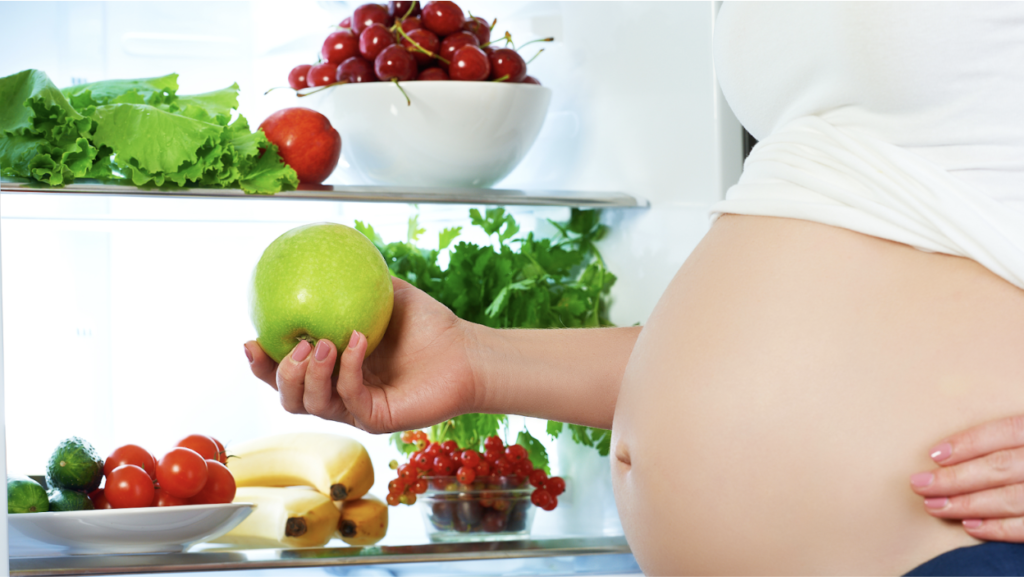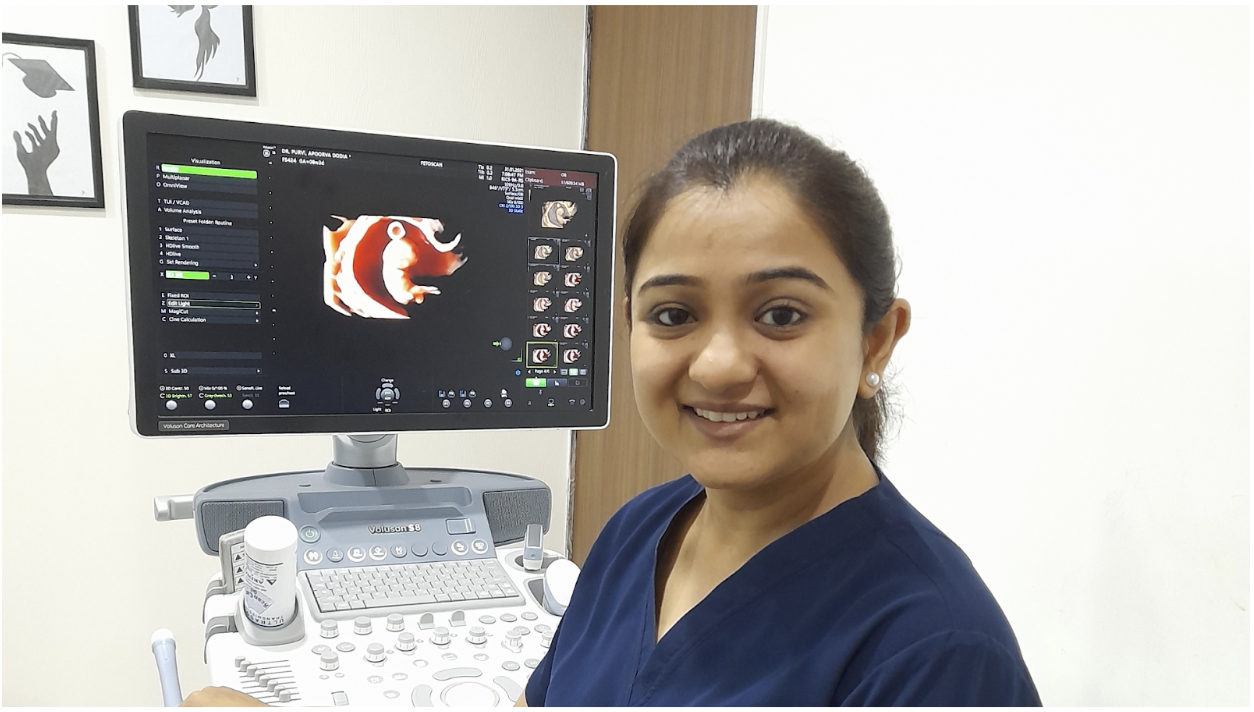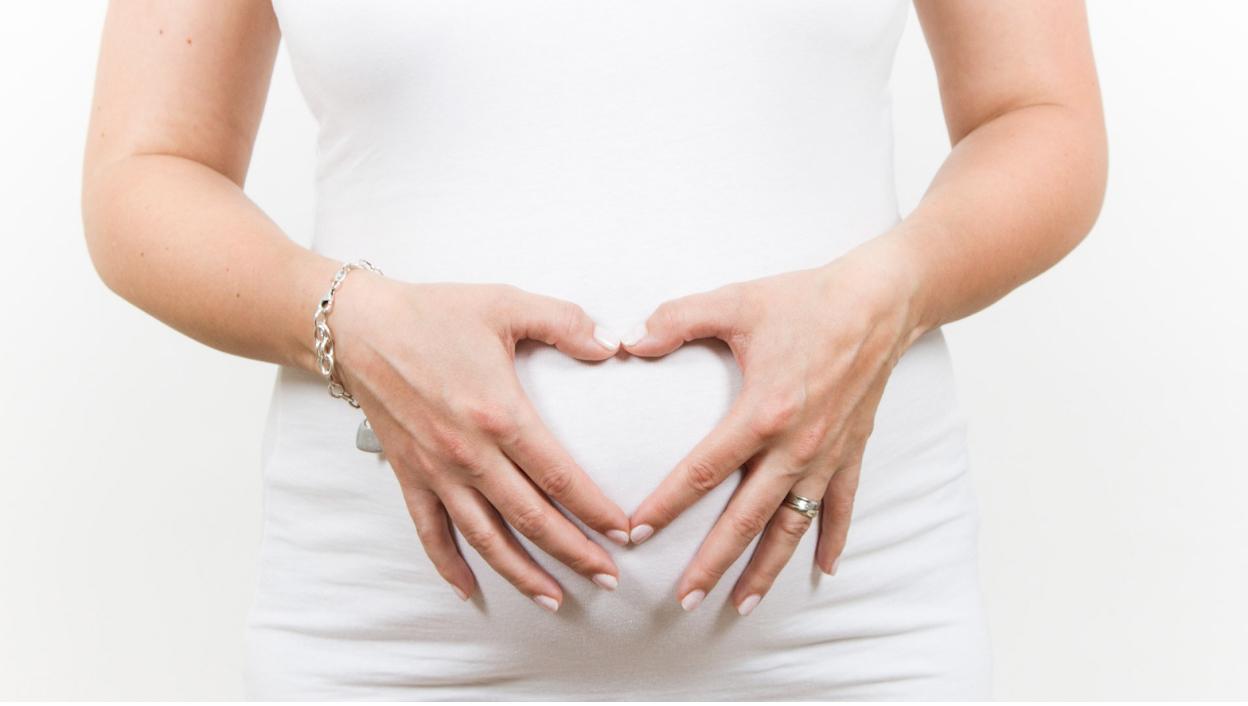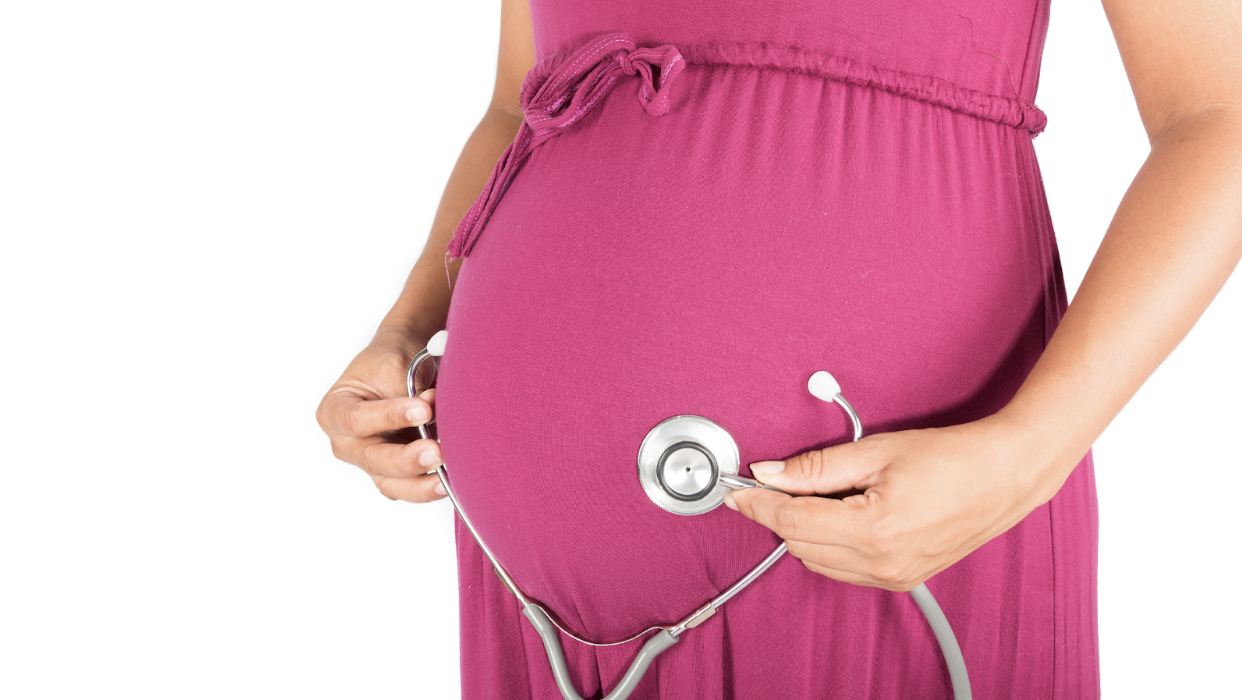What is a ‘balanced diet’?
An extensive variety of nutrient-dense food from the five major food groups are included in a healthy, balanced diet. To stay hydrated, it’s also a good idea to drink a lot of water.
1. Cereals and whole grains
2. Vegetables and beans/legumes
3. Lean poultry, meat, fish, eggs, tofu, nuts, seeds, and legumes/beans.
4. Fruit
5. Dairy products, primarily low-fat milk, cheese, and yoghurt.
Most of us go through phases of eating properly and days when we may consume more “treat” items. Cravings during pregnancy also can make this more difficult to control, especially if they involve meals that are heavy in sugar, salt, or fat.
It’s crucial to eat as much as you can while experiencing morning sickness during pregnancy. If you have any concerns, you should speak with your doctor or midwife.
What about cravings during pregnancy?
There is no evidence to support the old theory that pregnancy cravings were an indicator of vitamin inadequacies in a pregnant mother’s diet. Additionally, a mother’s tastes may alter due to pregnancy, and once-appealing foods may now have a whole different flavour. Food aversions may emerge during pregnancy, partially as a result of hormonal effects.
Diet recommendations
A 300-calorie daily increase in caloric intake is required to support a healthy pregnancy. These calories ought to come from a diet rich in protein, vegetables, fruits, and whole grains. Intake of sweets and fats should be to a minimum.A well-balanced, healthy diet may also help to alleviate certain pregnancy side effects such as nausea and constipation.
Must Drink!
Fluid intake is a crucial aspect of pregnancy nutrition.
In addition to juices and soups, you can get enough fluids by consuming several glasses of water each day. Discuss cutting your intake of coffee and artificial sweeteners with your doctor.
Steer clear of all alcohol.
A balanced diet for a healthy baby!
During pregnancy, these foods are advantageous to both your health and the development of the foetus:
• Vegetables: tomatoes, cooked greens, spinach, carrots, sweet potatoes.
• Fresh fruit.
• Dairy products: soymilk, skim or 1% milk, fat-free or low-fat yoghurt.
• Grains: prepared cereals.
• Lean beef, lamb, and pig are good sources of protein, as are salmon, trout, herring, sardines, and pollock.
Must avoid!
When pregnant, stay away from the following foods:
· Meals made with unpasteurized milk
· Raw or undercooked shellfish, eggs, and meat; hot dogs and luncheon meats
· Eat no sushi that contains raw fish
· Refrigerated beef spreads and pâté
· Cold-stored smoked seafood
Prenatal Vitamins
To ensure that all of your nutritional needs are satisfied, the majority of doctors or midwives will prescribe a prenatal supplement prior to or shortly after conception. A prenatal vitamin cannot, however, take the place of a balanced diet.





